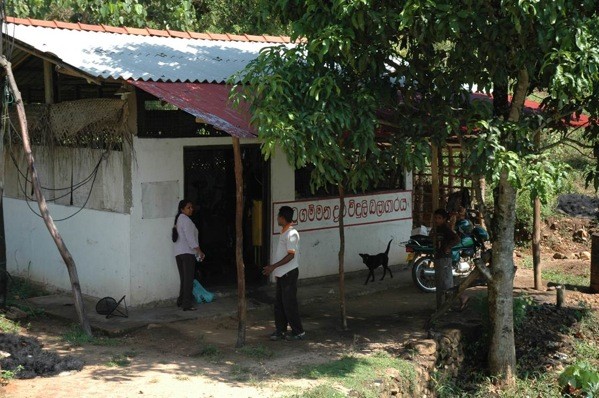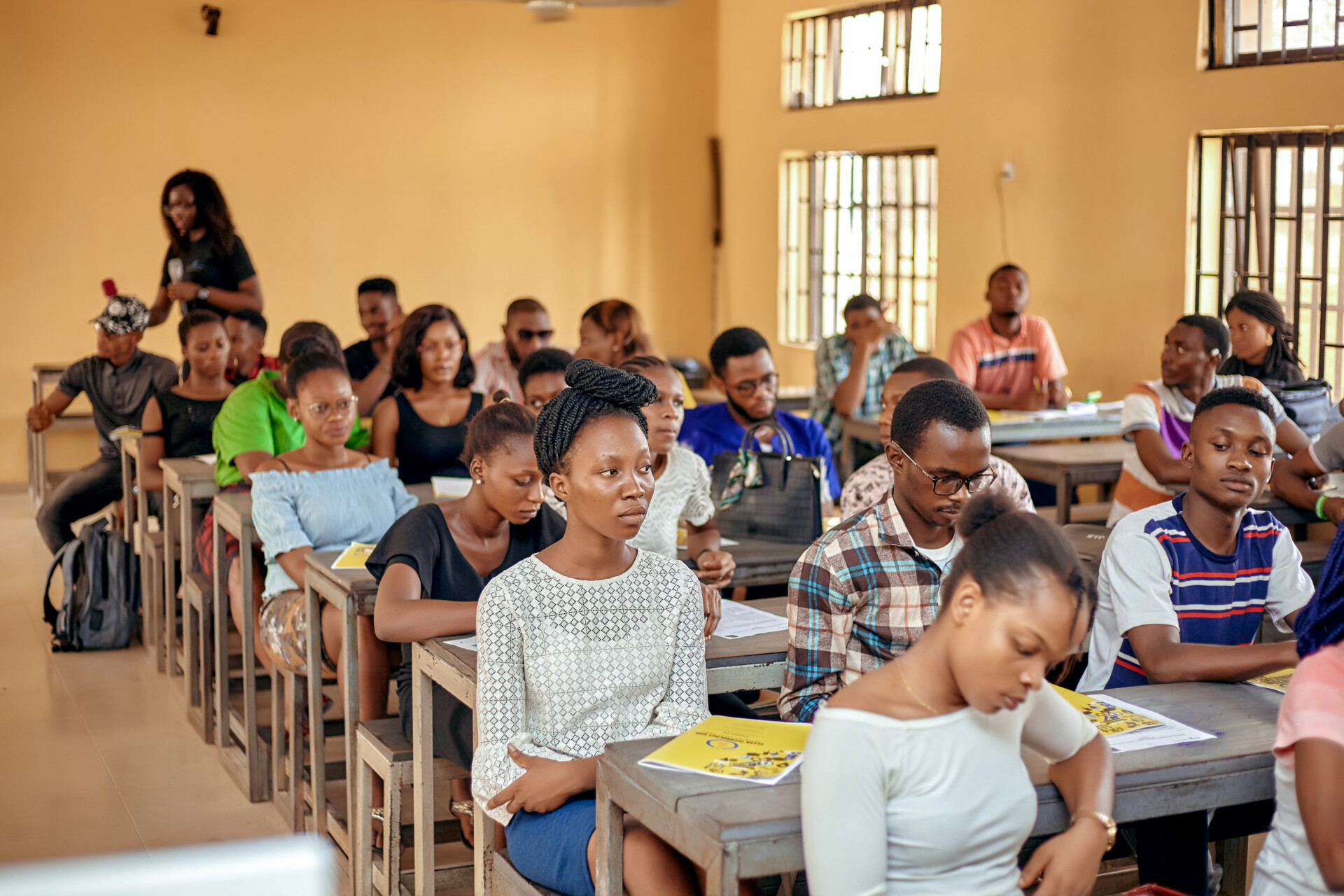Biraj Gautam and Rabin Shrestha share their lessons from the latest visits to the micro hydro power sites in Jumla and Baglung.
Grid-Connected Biomass Gasification in Sri Lanka
A 20 kW power pellet (wood) gasifier and engine was purchased, together with an induction generator. The team designed and manufactured a suitable woodcutter and constructed a power house. Subsequently, they signed the “Standardised Power Purchase Agreement” with the Ceylon Electricity Board, which permits the energy produced to be sold to the grid. As a last step, the power plant was connected to the national grid. To ensure sustainability, a wood supply chain was established with the farmers, plant operators were trained and a 20 year power purchase agreement was signed.
Monitoring of the plant’s performance is still on-going. For more general information on this SEPS project, please visit our project page: Introducing grid-connected biomass gasification units for rural energy access and community development.


